Depending on your sensitivity to caffeine, a late-night cup may be just fine
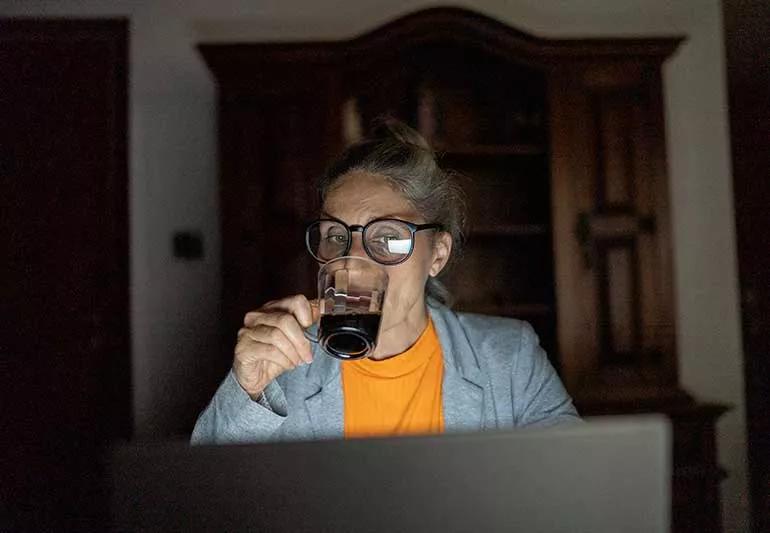
A cup of joe can sound mighty tempting when you hit a wall in the late afternoon and need a pick-me-up to get through the rest of the day. Coffee also pairs nicely with desserts when you’re out for the evening or after dinner.
Advertisement
Cleveland Clinic is a non-profit academic medical center. Advertising on our site helps support our mission. We do not endorse non-Cleveland Clinic products or services. Policy
But is it bad to drink coffee late at night?
“It depends on how sensitive you are to caffeine,” says registered dietitian Anthony DiMarino, RD, LD. “Some people can enjoy a late-night brew and sleep soundly a few hours later. People more sensitive to caffeine may toss and turn all night and be unable to sleep.”
Here’s how that evening coffee may affect you — and when it might actually help.
To figure out how late you can drink coffee and still get a good night’s rest, consider how long it takes your body to clear out or eliminate caffeine.
“It can take two to 10 hours for just half of caffeine’s effects to wear off,” DiMarino explains. “This ‘half-life,’ as it’s known, varies from person to person.”
Research shows that your genes may affect how quickly you metabolize caffeine. Specifically, some people are blessed with two CYP1A2 genes — the “coffee gene” that helps your body break down and eliminate caffeine faster than those who have one copy.
“Someone who metabolizes caffeine slowly should probably avoid evening caffeine if they want a good night’s rest,” DiMarino advises.
An 8-ounce cup of coffee has close to 100 milligrams of caffeine. But DiMarino cautions that the amount of caffeine per cup can vary depending on the type of coffee grounds and the brew. For example, instant coffee typically has about half the caffeine that brewed coffee has. And coffee shop brews often come in larger sizes, which means more caffeine.
Advertisement
The U.S. Food and Drug Administration (FDA) recommends that adults limit caffeine to 400 milligrams per day. That’s the equivalent of four to five cups of coffee a day, depending on the coffee type and cup size. Of course, you also need to consider the caffeine you get from chocolate, tea, sodas, energy drinks and other products.
Other factors affect how well you tolerate caffeine, too, including your biological sex and medications you take. People who smoke or use nicotine a lot tend to metabolize caffeine faster, cutting its half-life by up to 50%. Pregnancy, on the other hand, slows your ability to eliminate caffeine, which is why experts recommend no more than 200 milligrams of caffeine per day during pregnancy.
A bad night’s sleep is perhaps the No. 1 risk of drinking coffee late at night. Insomnia (the inability to fall asleep or stay asleep most nights of the week) affects as many as 1 in 3 adults worldwide. Too much caffeine throughout the day or late at night can make insomnia worse.
One study found that consuming caffeine within four hours of bedtime didn’t affect sleep, but using alcohol and nicotine did. But DiMarino notes that researchers relied on sleep journals and smart watches worn only by a specific demographic.
“Among other concerns, this observational study didn’t track how much or what type of coffee people drank,” he says, “so take these findings lightly.”
In general, he says, a late-night cup of java can affect your sleep in several ways.
Caffeine is a biochemical that blocks your brain’s production of adenosine, a chemical that induces sleep. Adenosine acts as a nervous system depressant, slowing your brain activity to promote sleep and keep you from waking up at night.
“Adenosine gradually builds in your body throughout the day,” DiMarino explains, “but caffeine blocks adenosine receptors, making you feel more alert and less tired at the end of the day.
Drinking coffee late at night when your body is preparing to wind down can also affect your circadian rhythm. This 24-hour internal body clock controls your sleep-wake cycles.
One study found that drinking a double espresso (about 120 milligrams of caffeine) three hours before bedtime throws off your circadian rhythm by at least 40 minutes. That’s like being exposed to 90 minutes of bright light just before turning in for the night. Yikes!
Caffeine is a stimulant that affects your brain and nerves — and your nervous system controls your thoughts and feelings (not to mention your heart rate and breathing).
Advertisement
“For someone prone to anxiety, caffeine can make symptoms worse,” DiMarino says. “Drinking coffee late in the evening may contribute to racing thoughts, making it more difficult to shut off worries and relax.”
Nighttime panic attacks may also become more of a concern after a late-night cup of coffee. One study found that consuming five or more cups of caffeinated coffee per day may lead to more panic attacks in people who are already prone to them.
Even if you don’t have a history of anxiety, a late-day coffee can have unwelcome effects like making you feel more jittery or irritable as the evening winds down.
Drinking coffee late at night can help those working late or overnight shifts and college students cramming for exams. The beverage gives you energy, boosts your mood and helps you think more clearly.
Coffee has surprising health benefits, too, regardless of when you drink it, such as:
If you need to make it through a late night, just know that coffee isn’t your only option. There are also other ways to stay awake without caffeine!
Advertisement
Maybe. Despite its name, decaffeinated coffee still has small amounts of caffeine. An 8-ounce cup of decaffeinated coffee may have up to 15 milligrams of caffeine.
“If you’re sensitive to caffeine, a cup of decaf late at night may still interfere with your sleep,” DiMarino cautions.
Because everyone’s caffeine tolerance is different, only you can decide when it’s too late for you to drink coffee. You may love your late afternoon or evening coffee and have no problems dashing off to dreamland. But if you’re having sleeping troubles, try getting rid of your nighttime coffee — or having it earlier in the day.
Advertisement

Sign up for our Health Essentials emails for expert guidance on nutrition, fitness, sleep, skin care and more.
Learn more about our editorial process.
Advertisement

The caffeine and natural acids in coffee may trigger acid reflux, but there are ways to lessen the effects

Along with boosting your energy, a moderate amount of coffee can help lower your risk of Type 2 diabetes, liver disease and certain cancers

That cup of joe may help decrease inflammation and remove damaged cells in the vital organ

Coffee is made up of mostly water, but it’s the caffeine you have to look out for
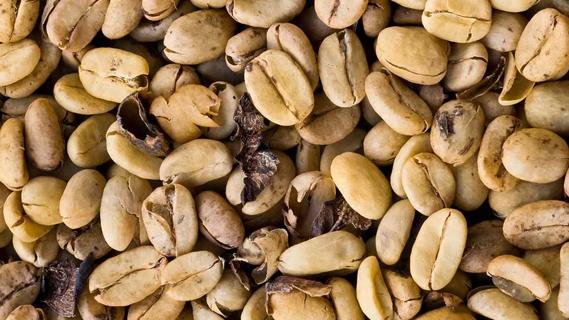
There’s no evidence to prove this supplement can help with weight loss, and it may come with risks
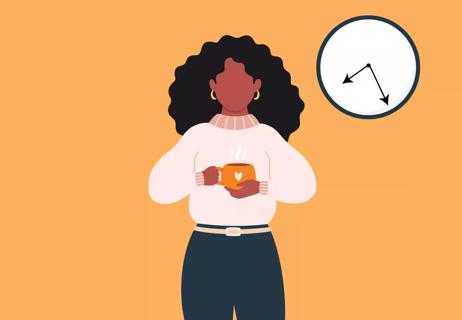
Morning, noon or night — the best time for that cup of joe depends on you
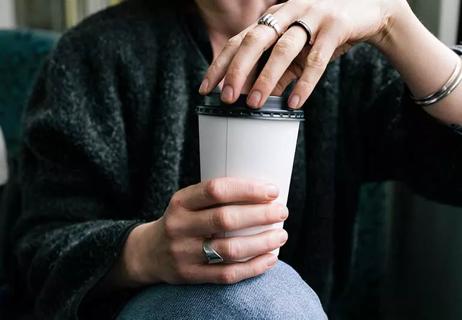
It’s fine for most, but it can worsen heartburn and ulcers if you’re prone to them
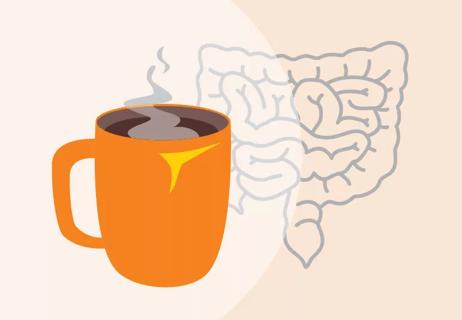
Coffee is better (and safer) ingested than injected

Even small moments of time outdoors can help reduce stress, boost mood and restore a sense of calm

A correct prescription helps your eyes see clearly — but as natural changes occur, you may need stronger or different eyeglasses

Both are medical emergencies, but they are very distinct events with different causes